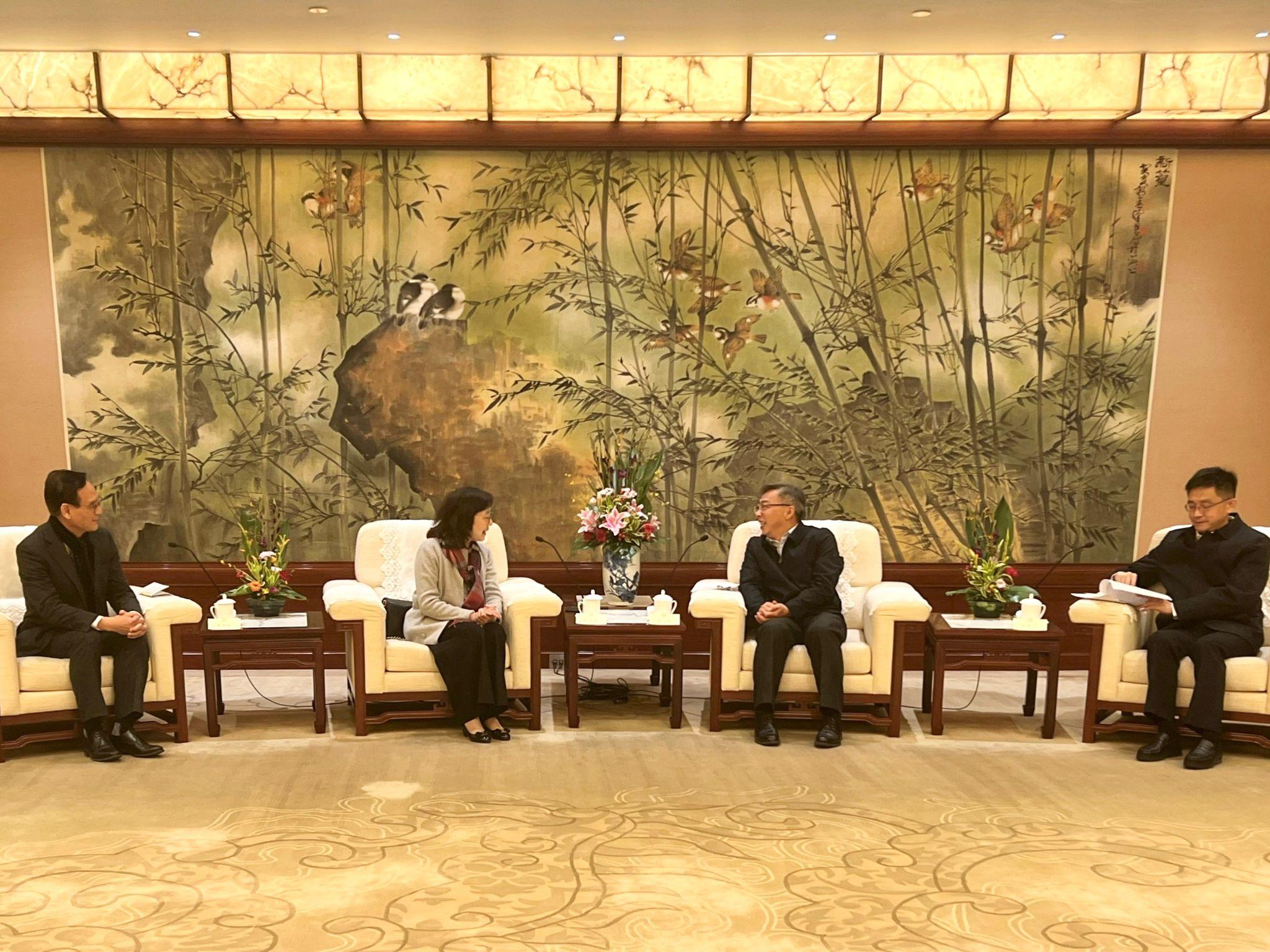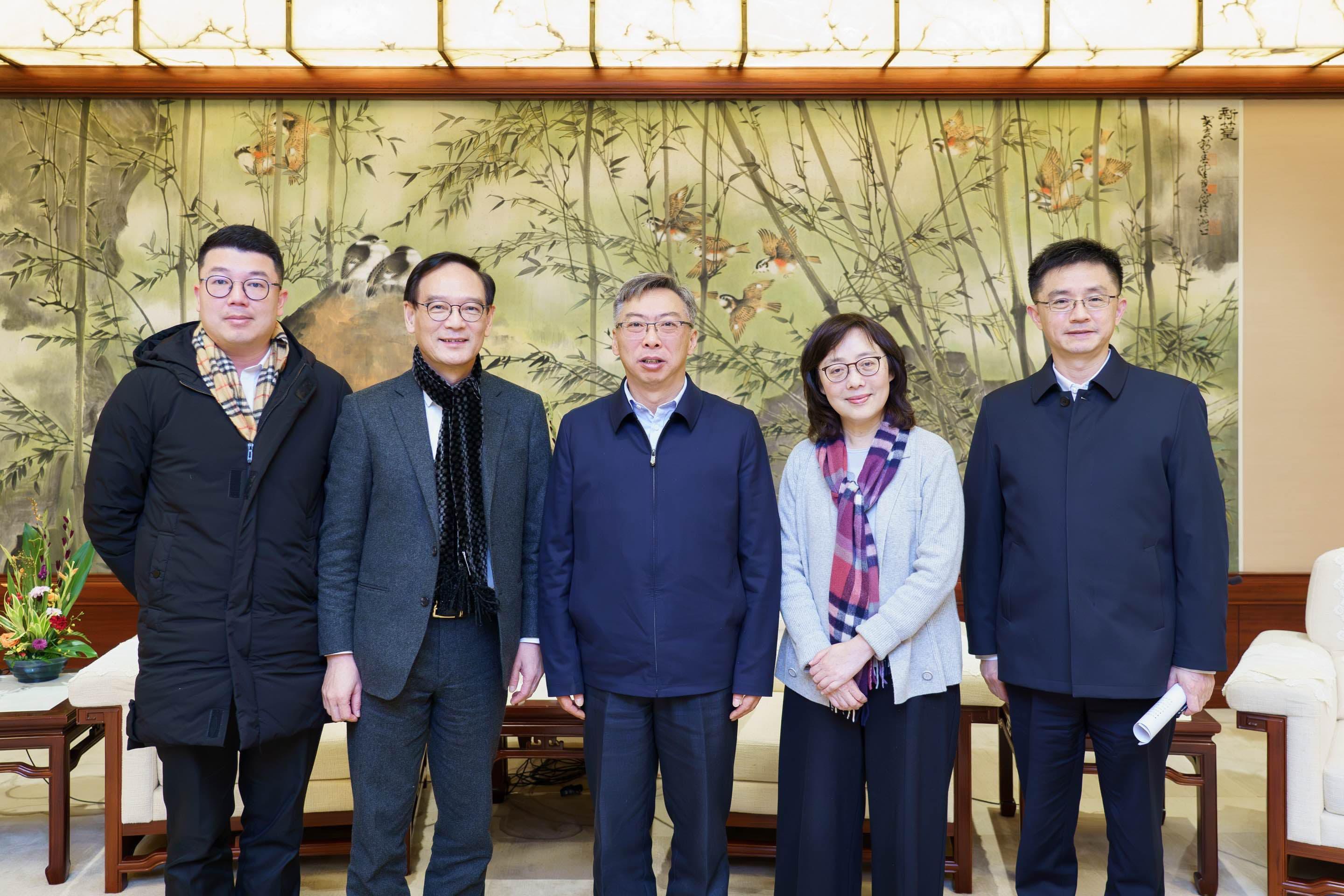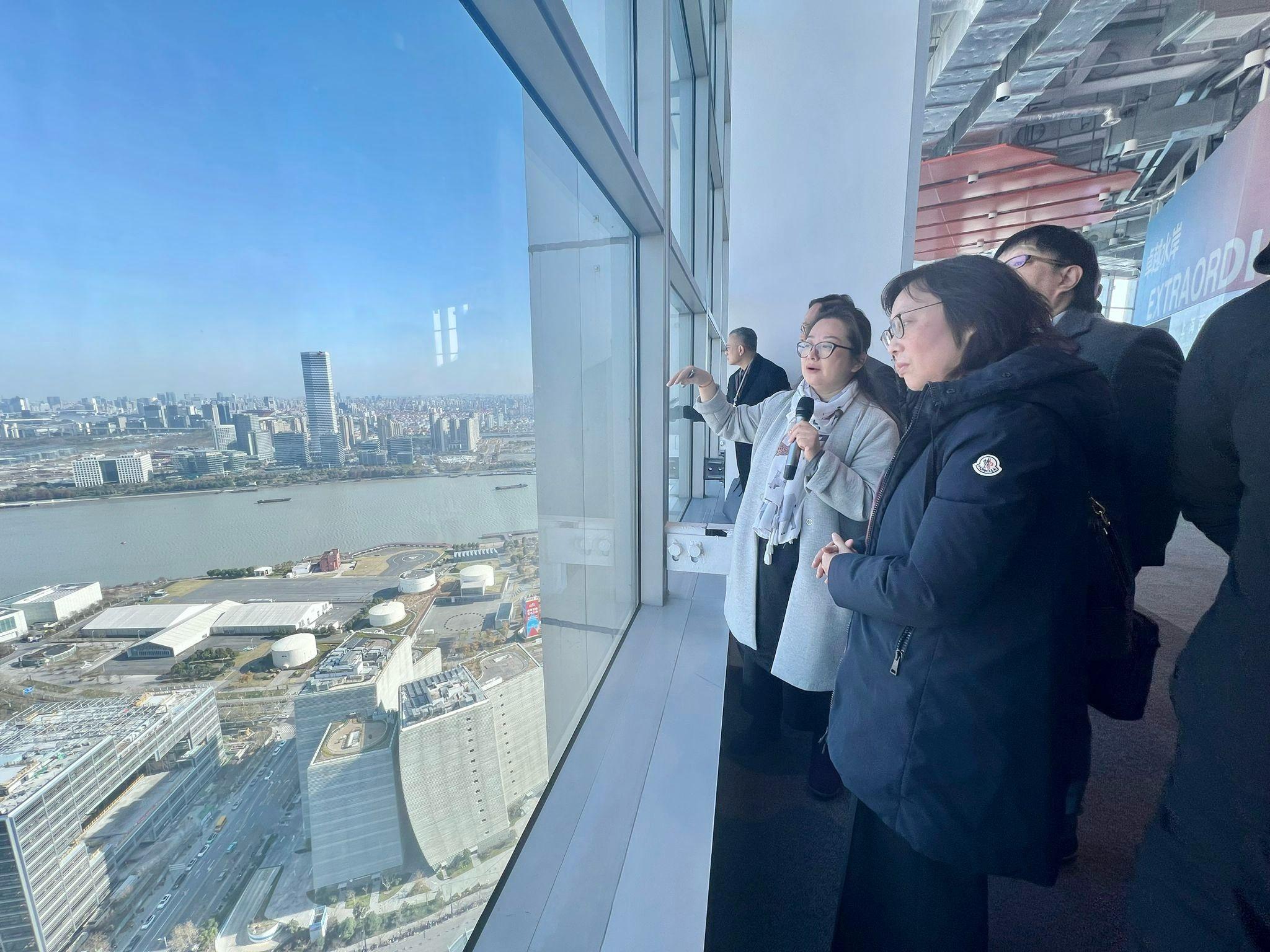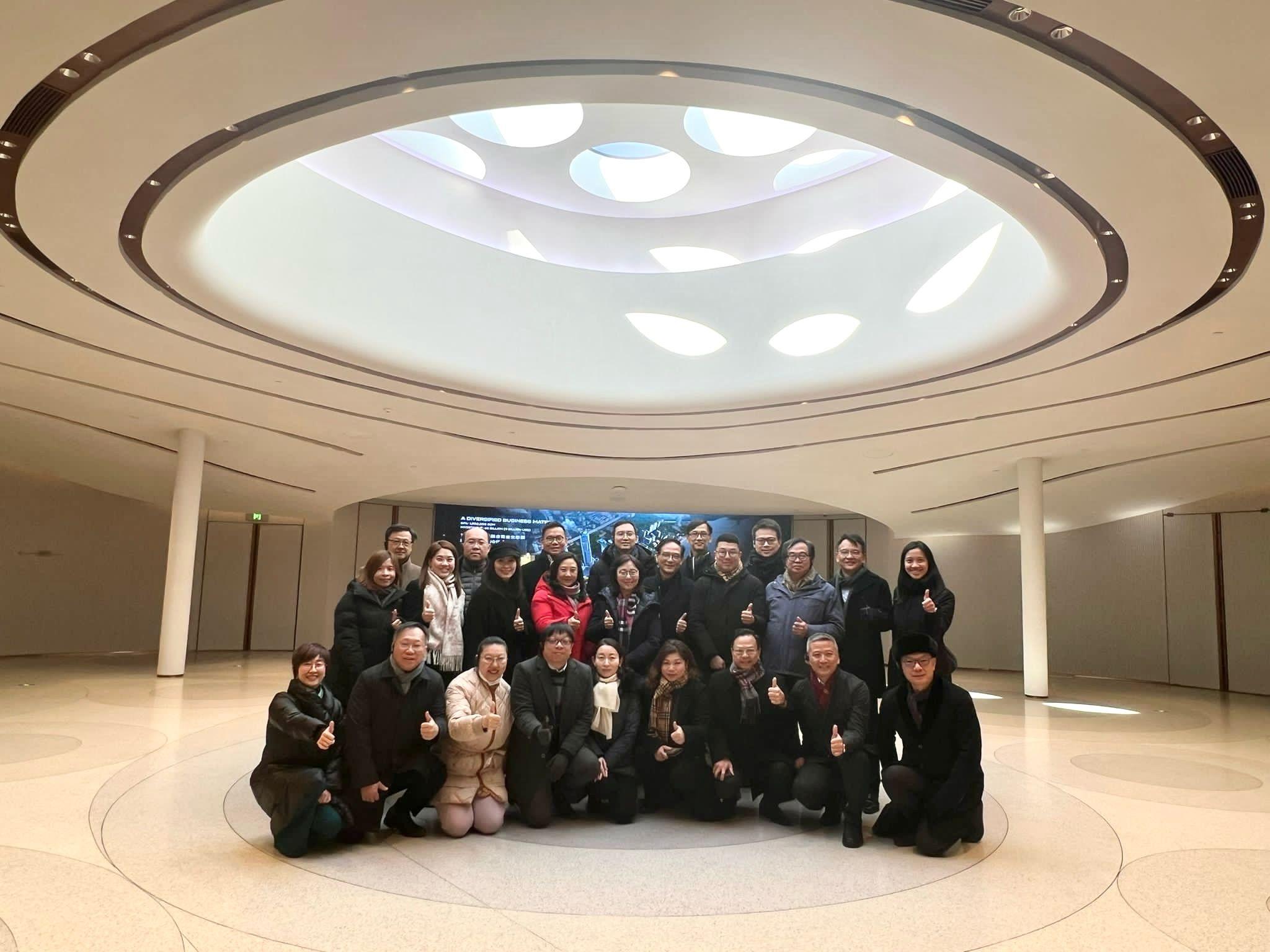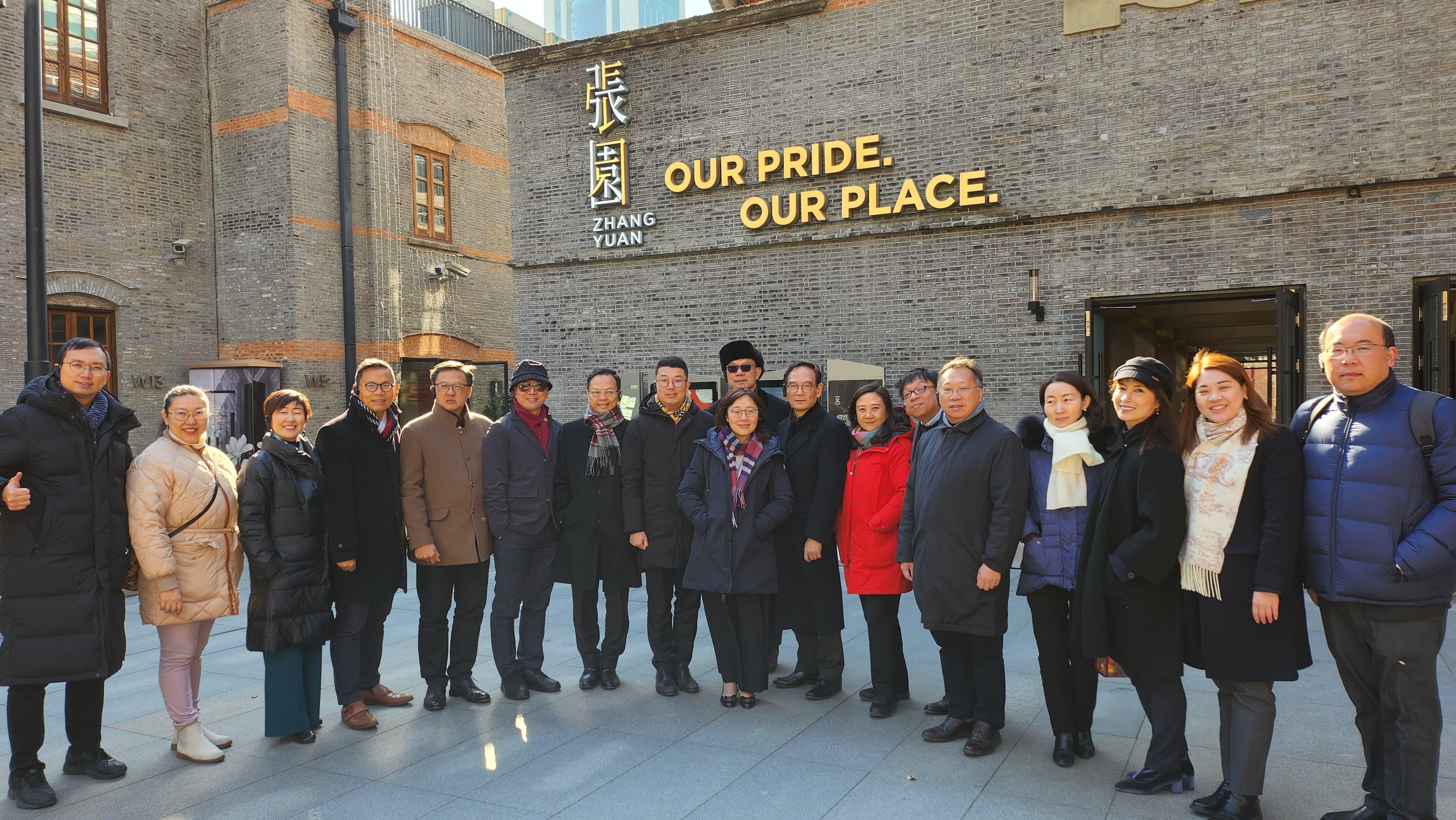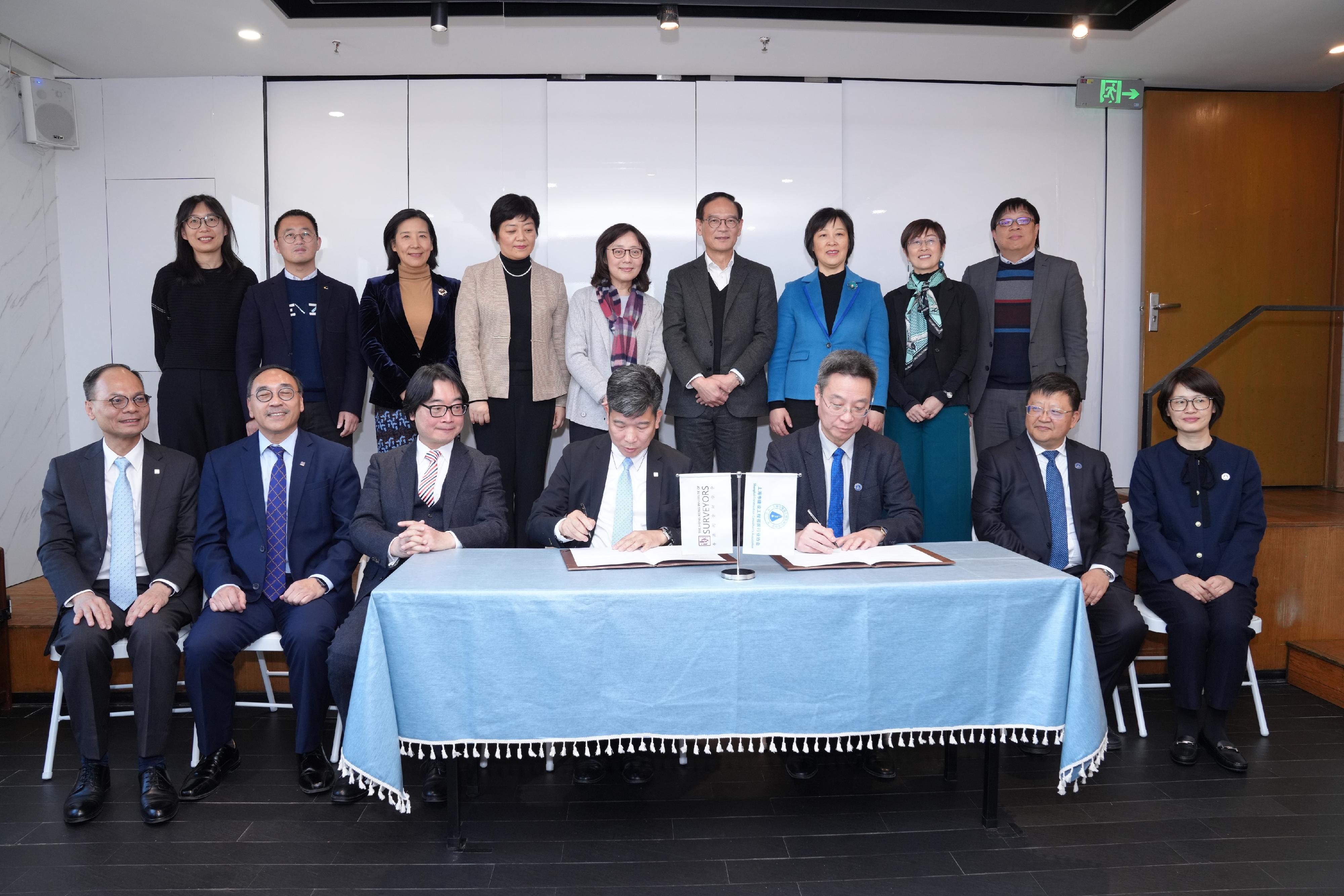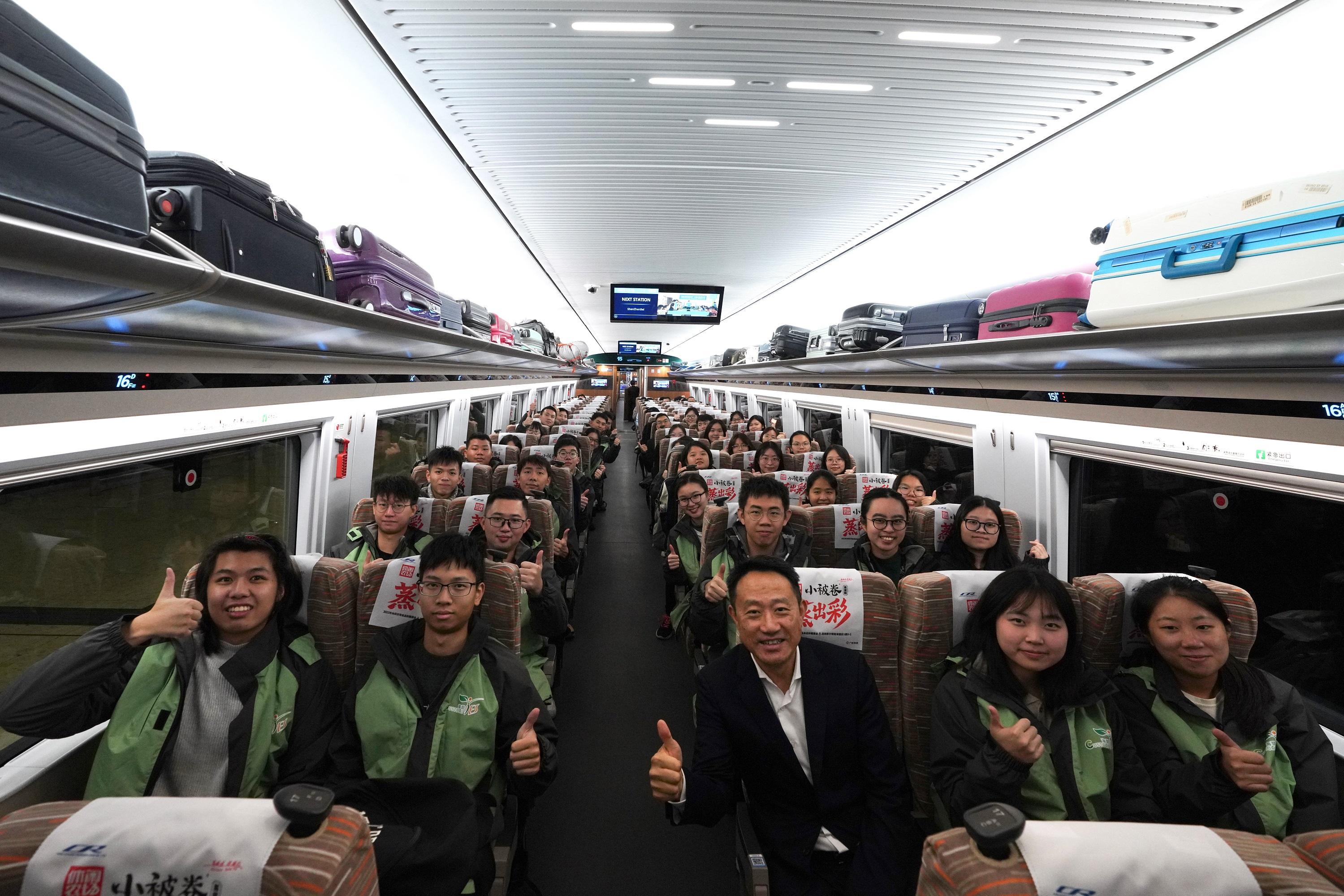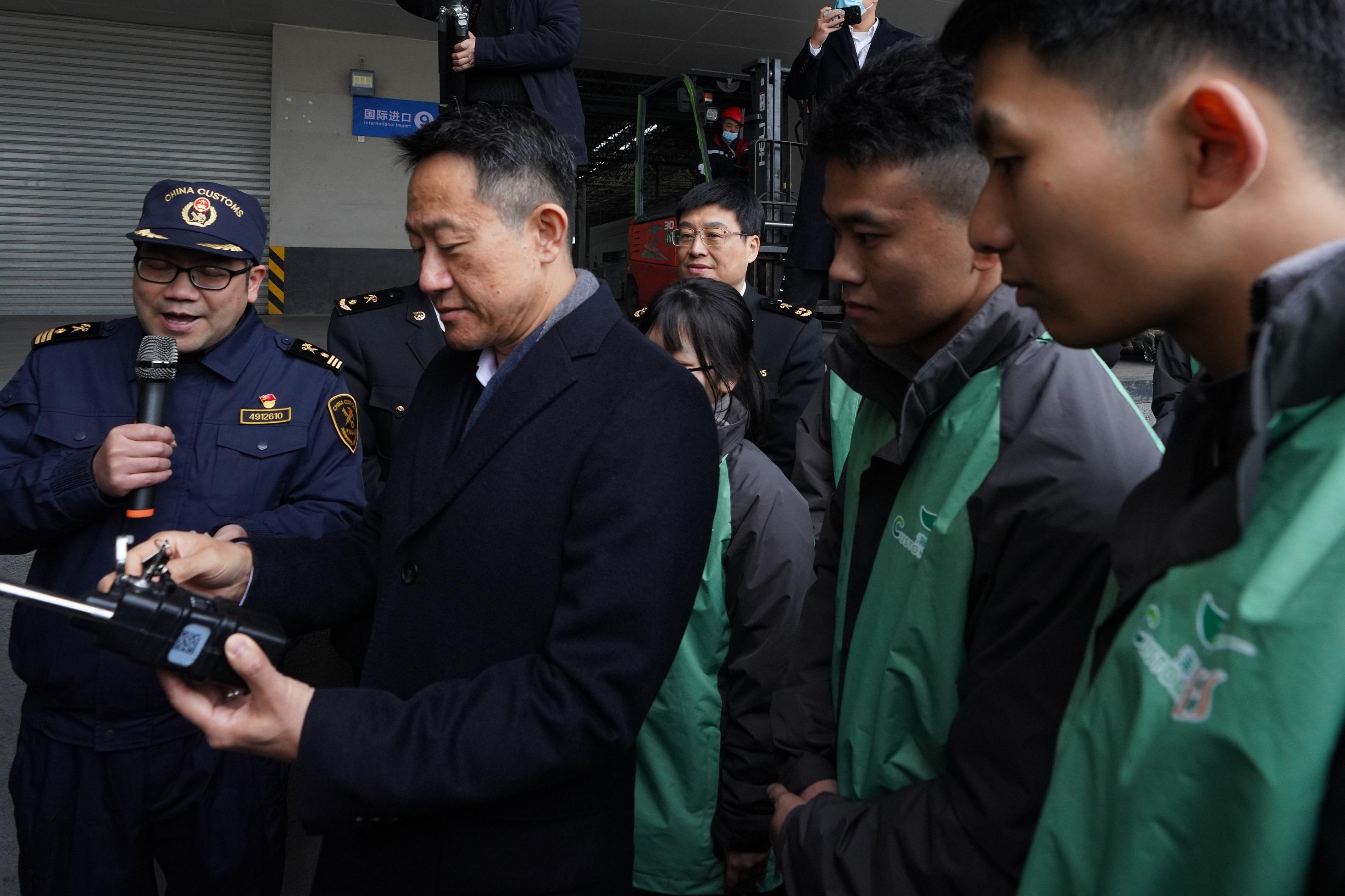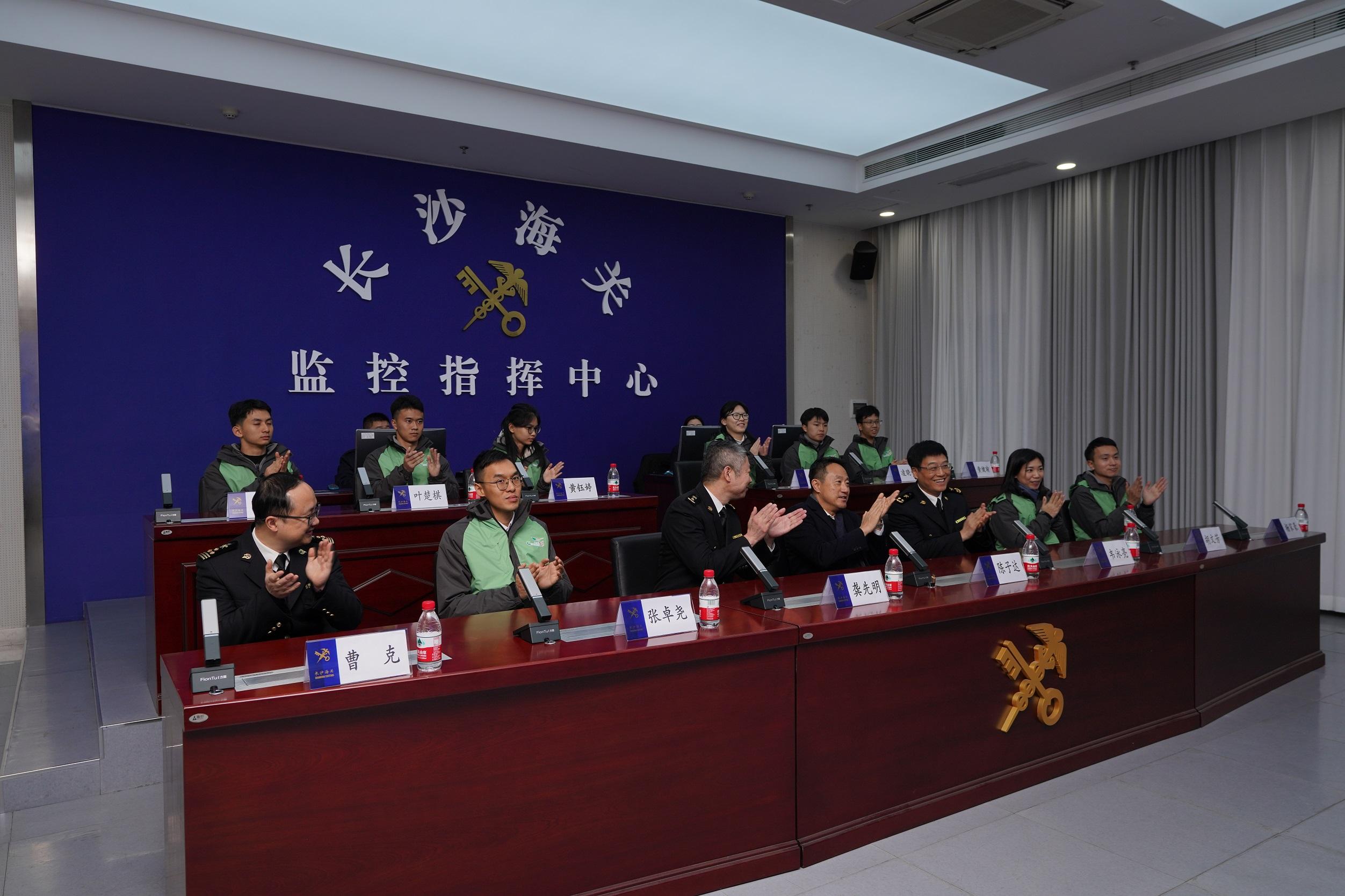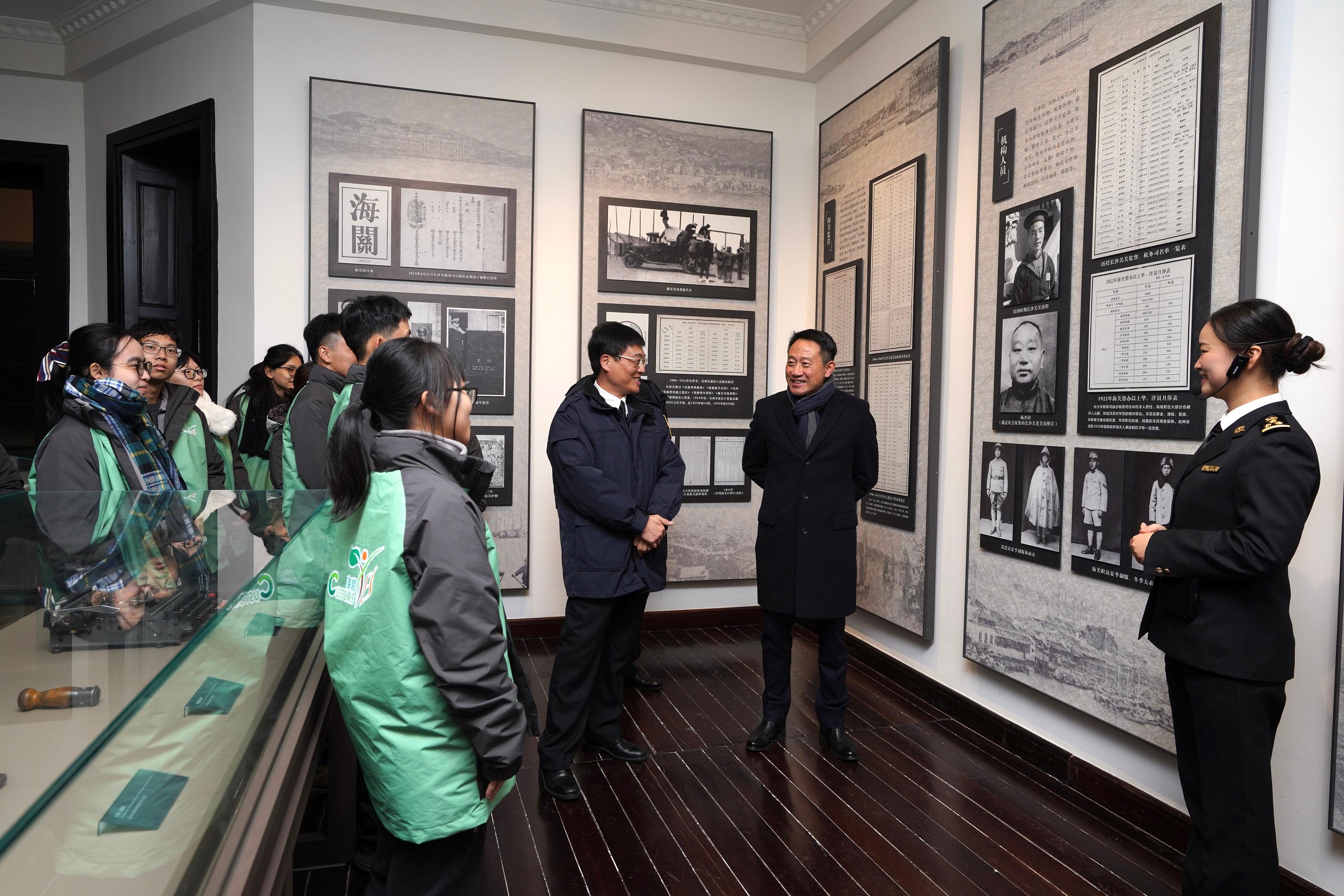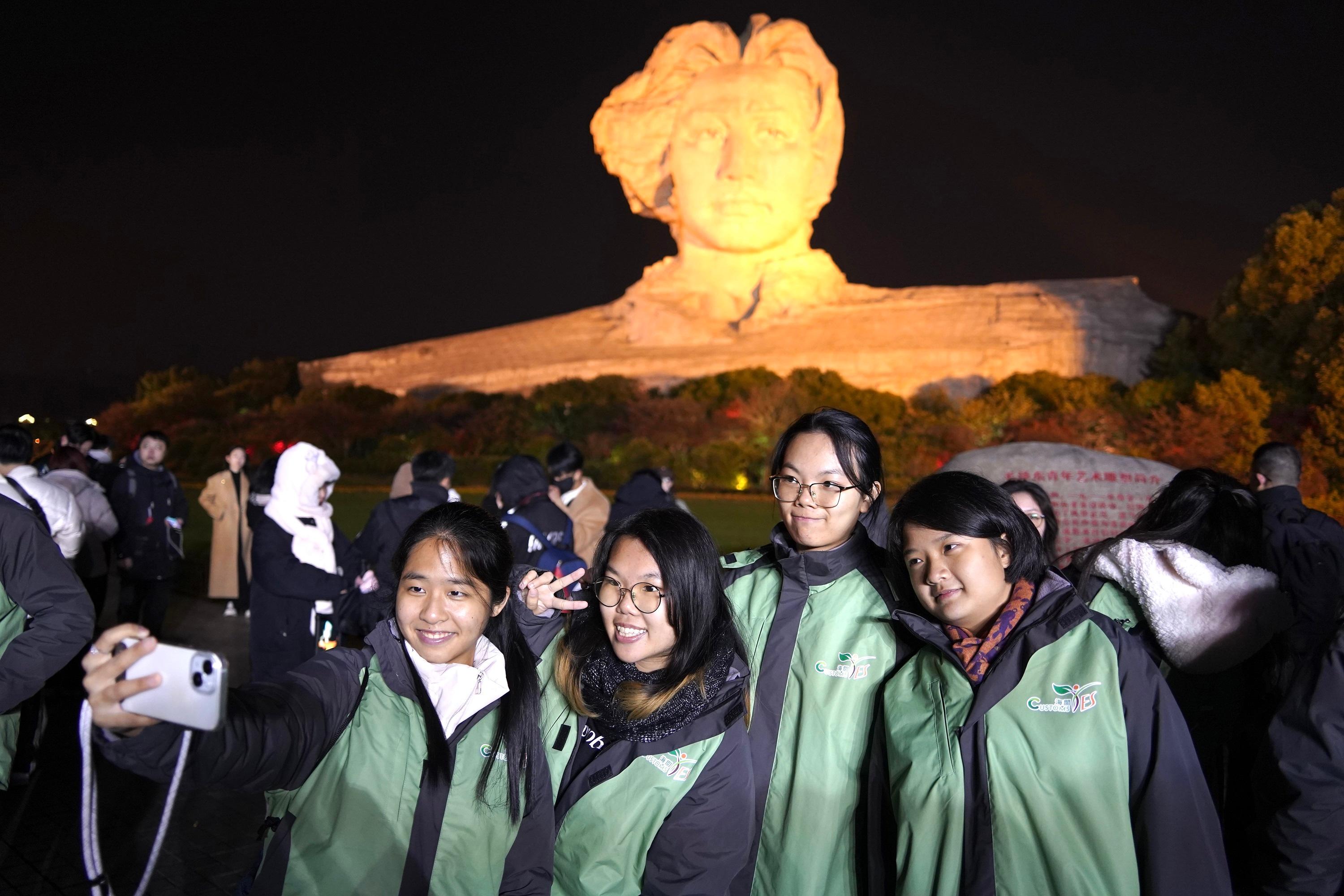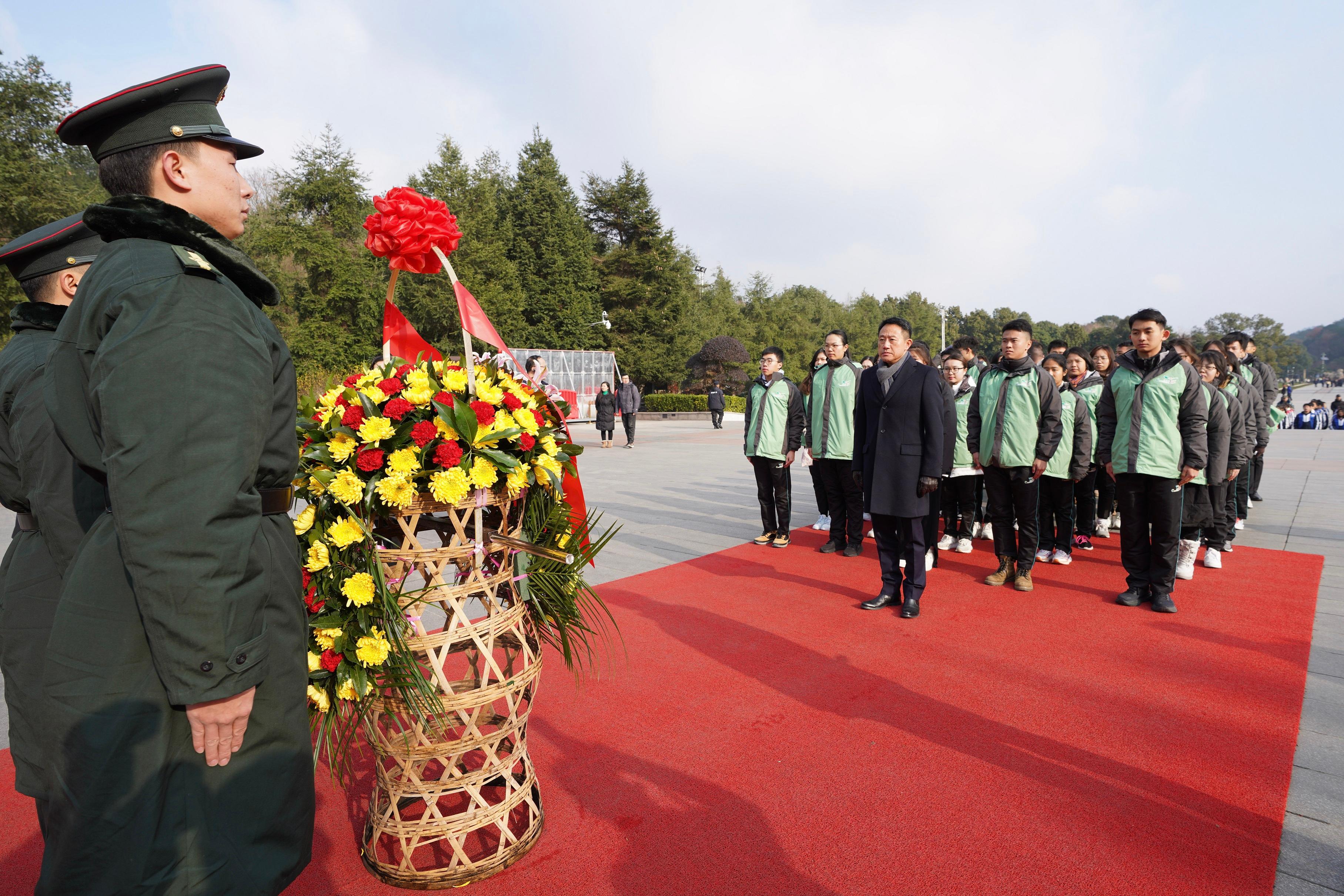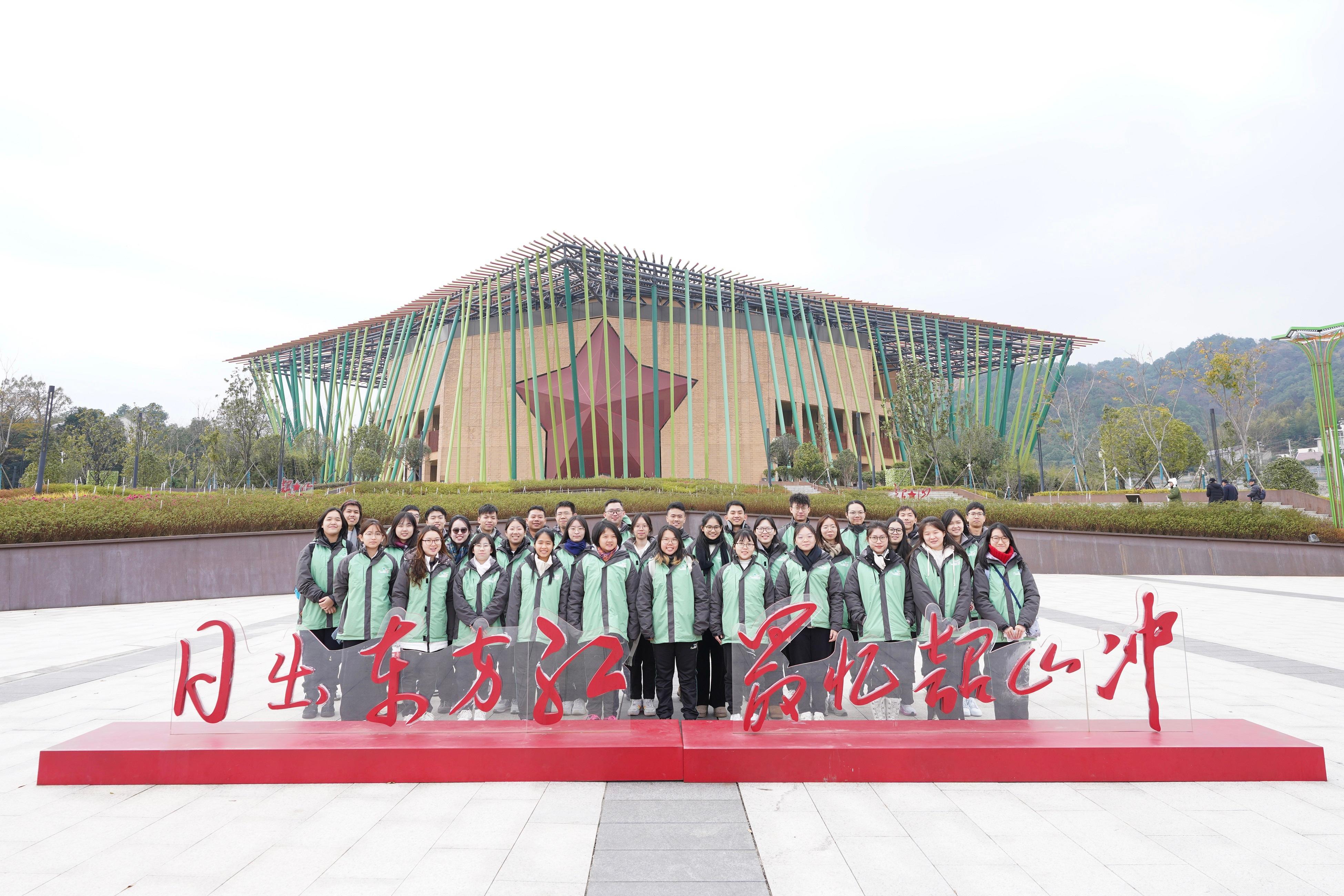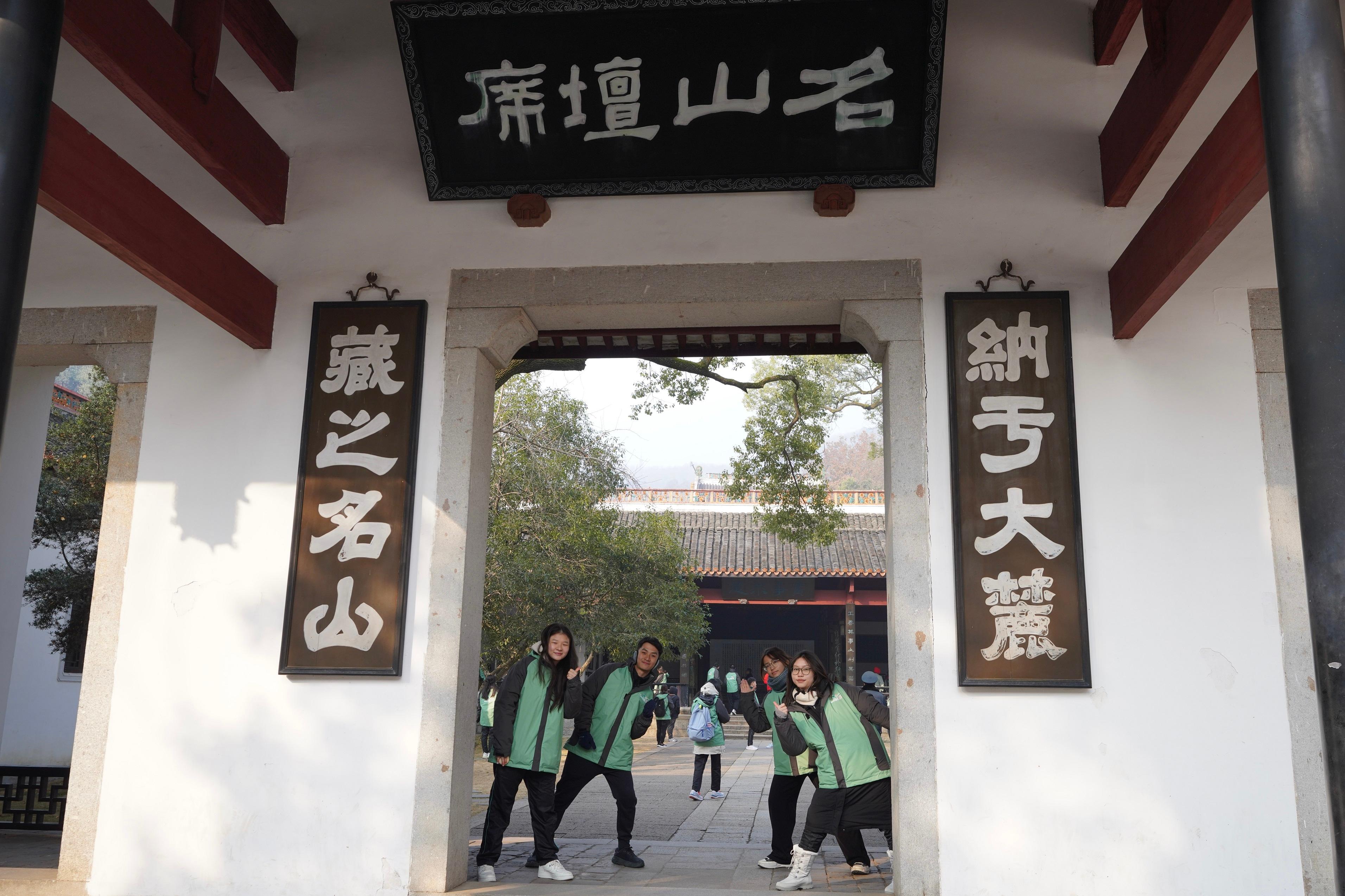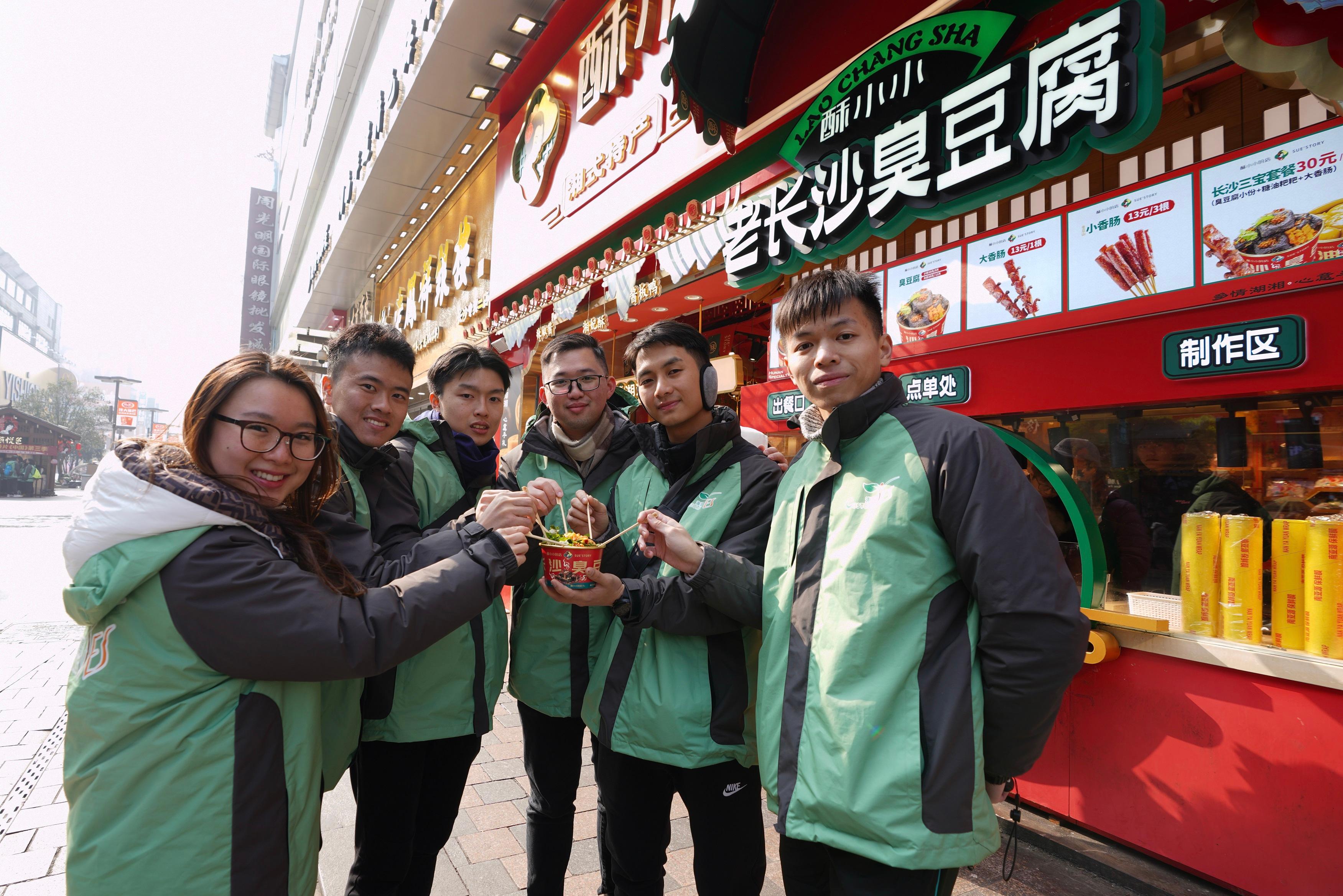CE welcomes promulgation of Qianhai Overall Development Plan and Hengqin Overall Development Plan
The Chief Executive, Mr John Lee, welcomed the Central Government’s promulgation of the Overall Development Plan for the Qianhai Shenzhen-Hong Kong Modern Service Industry Co-operation Zone (Qianhai Overall Development Plan) and the Overall Development Plan for the Guangdong-Macao Zone in Hengqin (Hengqin Overall Development Plan) on December 21. The Hong Kong Special Administrative Region (HKSAR) Government will lead all sectors of the community to seize the new opportunities brought about by the development of Qianhai and Hengqin, captialise on Hong Kong’s distinctive advantages under the “one country, two systems” principle and join hands in taking forward the high-quality development of the Guangdong-Hong Kong-Macao Greater Bay Area (GBA).
As clearly stated in the Outline Development Plan for the Guangdong-Hong Kong-Macao Greater Bay Area, Qianhai is one of the major Co-operation platforms in the GBA. The development of the Qianhai Shenzhen-Hong Kong Modern Service Industry Co-operation Zone (Qianhai Co-operation Zone) is an important initiative for supporting Hong Kong’s social and economic development; fostering a higher level of co-operation among Guangdong, Hong Kong and Macao; and establishing a new development paradigm in pursuing opening-up. With the Central Government’s promulgation of the Plan for Comprehensive Deepening Reform and Opening Up of the Qianhai Co-operation Zone in September 2021, the size of the Qianhai Co-operation Zone increased significantly from 14.92 square kilometres to 120.56 square kilometres, which has further expanded its scope of development as well as enabling high-end professional services in Hong Kong to further capitalise on their advantages. The HKSAR Government has all along attached great importance to the co-operation with Qianhai, and maintained close liaison with the Guangdong Provincial Government, Shenzhen Municipal Government and Qianhai Authority. Meanwhile, the HKSAR Government has stepped up its efforts to support the professionals and enterprises across different sectors to participate proactively in the development of Qianhai and to take forward the development of the GBA.
The Qianhai Overall Development Plan provides a comprehensive view of the strategic positioning, development objectives, spatial layout, industry planning, business environment, urban planning, quality living environment, and governance model of the Qianhai Co-operation Zone, among other things. Its objective is to promote the demonstrative and leading roles Qianhai plays in the development of the GBA, further deepening the collaboration between Hong Kong and Shenzhen.
“President Xi Jinping emphasises high-quality coordinated regional development, and shows care for Qianhai’s development and opening up. The Qianhai Overall Development Plan sets a clear direction for Qianhai’s development and opening up. The HKSAR Government is grateful for the Central Government for the various policy initiatives outlined in the plan, which are not just of benefit to Hong Kong but will also contribute to the development of the GBA and our country. In particular, measures in the areas of financial services, legal services, professional services and information technology services, as well as those facilitating Hong Kong and Macao residents setting up businesses, working and living in Qianhai, and Hong Kong residents of foreign nationalities travelling in the Mainland cities of the GBA, will remarkably expand the scope of development for Hong Kong talents and enterprises,” said Mr Lee.
“As I announced in the 2023 Policy Address, the Northern Metropolis will adopt an ‘industry-driven’ approach as its key planning axle, integrate deeply with the overall planning of the GBA, with a view to forging a major hub for Hong Kong’s integration into the overall development of our country. Being one of the four major zones in the Northern Metropolis, the ‘high-end professional services and logistics hub’ covering Hung Shui Kiu and the surrounding area and connecting the Qianhai Co-operation Zone, will provide financial and professional services, on top of capitalising on the locational advantages of the boundary control points for developing the modern logistics industry.”
“With the promulgation of the Qianhai Overall Development Plan, Hong Kong-Shenzhen co-operation will scale new heights at which the two cities can fully leverage the ‘dual engines’ roles to drive the development in the GBA, thereby developing the GBA into a world-class innovation platform and growth pole.”
Under “one country, two systems”, Hong Kong has the distinctive advantages of enjoying strong support of our country and being closely connected to the world, and is the only world-class city that can capitalise on both the China advantage and the international advantage. Having direct access to the huge Mainland market and strong international connectivity at the same time, Hong Kong serves as a bridge linking the Mainland and the rest of the world. Hong Kong offers a first-class business environment that is highly market-oriented and internationalised underpinned by the rule of law. Hong Kong also serves as an international financial, maritime and trading centre as well as an aviation hub. Hong Kong will consolidate and enhance its own advantages, and deepen co-operation between Hong Kong and Shenzhen, so as to support Qianhai in continuing to seek more policy breakthroughs being implemented on a pilot basis. Hong Kong will also assist Qianhai in expediting the alignment of rules and harmonisation of mechanisms, promoting a deeper level of opening up and innovation of the financial industry, accelerating the development of science and technology services industry, raising the level of internationalisation of its professional service sector, as well as broadening the level of opening up in areas such as trade and legal services.
Moreover, the Hengqin Overall Development Plan will greatly promote new industries for Macao’s economic diversification. It has demonstrated the country’s key strategic planning to enrich the practice of “one country, two systems” which will inject an essential impetus for the long-term development of Macao.
“As two Special Administrative Regions of the People’s Republic of China, Hong Kong and Macao have all along been upholding the principle of ‘one country’ while leveraging the benefits of ‘two systems’. Under the principle of complementarity, both cities embrace the role as the core cities of the GBA and core engines for regional development. Hong Kong will grasp the unlimited opportunities brought about by coordinated regional development, so as to make contribution to the high-quality development of Hong Kong and the entire GBA,” Mr Lee said. read more


